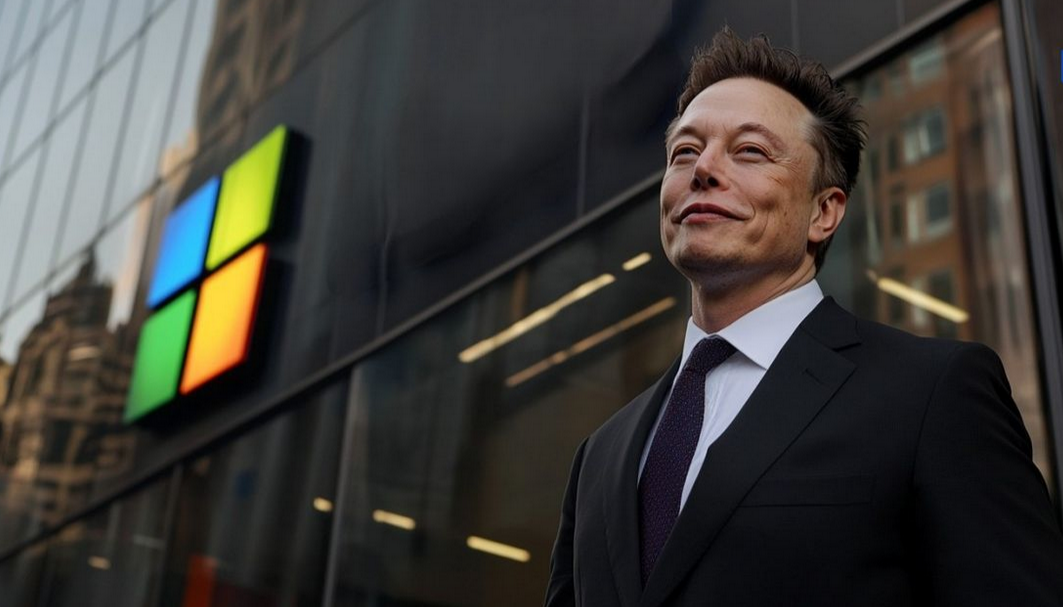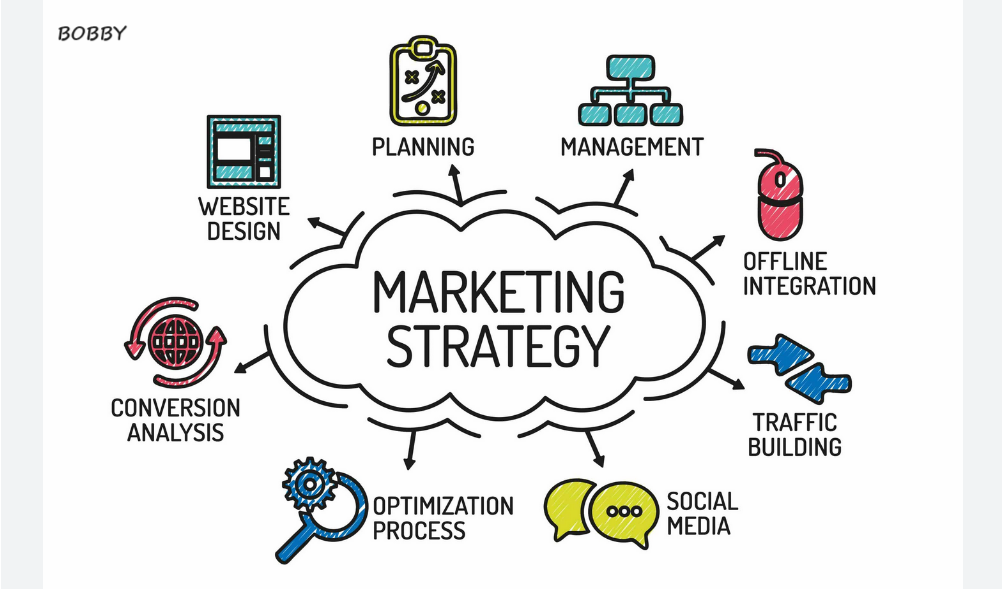Elon Musk has significantly expanded his legal battle against OpenAI, now naming Microsoft and several key board members as defendants in his updated complaint. The lawsuit claims that OpenAI received unfair advantages through a close partnership with Microsoft, which Musk argues directly harmed his own AI ventures, including xAI.
Background of the Legal Dispute
Musk’s legal conflict with OpenAI dates back to earlier concerns over the organization’s shift from its original non-profit mission. Musk initially filed a lawsuit in July, alleging that OpenAI had abandoned its founding principles by focusing on profit-oriented strategies. He later dropped the case but refiled it in August with significant updates, adding new defendants and claims.
According to TechCrunch, the refiled complaint now includes Microsoft, Reid Hoffman (LinkedIn co-founder), and Dee Templeton, a former OpenAI board member who also held a vice president role at Microsoft temporarily. Musk’s attorneys argue that these individuals and entities participated in what they describe as a “de facto merger” between OpenAI and Microsoft, granting OpenAI preferential access to Microsoft’s technical resources and creating an unfair competitive environment.
Claims Against Microsoft and Board Members
The lawsuit alleges that OpenAI’s close relationship with Microsoft disadvantaged Musk’s AI company, xAI. Specifically, the complaint asserts that OpenAI gained preferential treatment in accessing Microsoft’s computing power, while xAI could not obtain similar resources on comparable terms. This disparity, according to Musk, directly hindered xAI’s operations and growth.
Additionally, the lawsuit targets Reid Hoffman for potential conflicts of interest. As a partner at venture capital firm Greylock, Hoffman invested in an OpenAI competitor that Microsoft later acquired. The complaint notes his simultaneous positions on the boards of both OpenAI and Microsoft, which may have facilitated the alleged anti-competitive behavior.
Shivon Zilis Joins as Plaintiff
In a notable development, Shivon Zilis, an executive at Musk’s Neuralink and the mother of three of his children, has been added as a plaintiff. Zilis, who resigned from OpenAI’s board last year, is recognized in the complaint as an “injured employee”. The lawsuit states that Zilis raised concerns internally about OpenAI’s business practices, which were allegedly ignored, giving her standing to participate in the legal action.
Central Allegations of the Lawsuit
The updated lawsuit maintains Musk’s primary assertion that OpenAI deviated from its original non-profit goals. He claims the organization is actively seeking to eliminate competitors like xAI by discouraging investors from supporting rival AI companies. The complaint argues that this strategy, combined with the preferential treatment from Microsoft, creates an unfair competitive landscape.
Musk’s attorneys also revived an earlier allegation regarding OpenAI’s exploration of a cryptocurrency initiative under CEO Sam Altman. Musk opposed the idea, fearing that it conflicted with OpenAI’s intended capped-profit structure and could further skew competitive advantages in the AI sector.
Implications for the AI Industry
The lawsuit highlights growing tensions in the AI industry, where powerful collaborations between large tech companies can influence market dynamics. Musk’s complaint underscores concerns that alliances like the one between OpenAI and Microsoft may limit competition, favor established players, and disadvantage emerging AI startups.
If Musk’s claims are validated, the case could have significant regulatory and competitive implications, potentially affecting how AI companies form strategic partnerships and utilize shared technical resources. It may also lead to increased scrutiny of board members’ roles and conflicts of interest in governing AI companies.
Next Steps in the Litigation
The case, now spanning 107 pages, is ongoing, with Musk seeking to prove that OpenAI and Microsoft engaged in practices that directly harmed xAI. Legal experts anticipate a complex litigation process due to the involvement of multiple high-profile defendants and the intersection of corporate governance, competitive practices, and emerging technology regulation.
This lawsuit could set a precedent in the AI sector regarding competitive fairness, resource allocation, and governance oversight. The outcome may shape how AI startups interact with larger tech firms and influence the broader regulatory landscape in the industry.
Conclusion
Elon Musk’s updated complaint against OpenAI represents a significant escalation in his ongoing dispute with the AI organization. By adding Microsoft and key board members as defendants, Musk’s legal team alleges anti-competitive behavior and conflicts of interest that have harmed his AI company, xAI. With the inclusion of Shivon Zilis as a plaintiff, the lawsuit also highlights internal concerns about OpenAI’s governance and business practices.
As the case unfolds, it could have far-reaching effects on the AI industry, corporate alliances, and the regulation of emerging technologies. Musk’s lawsuit emphasizes the challenges of balancing innovation with fair competition, and the outcome may influence how tech companies collaborate and manage resources in the rapidly evolving AI sector.




